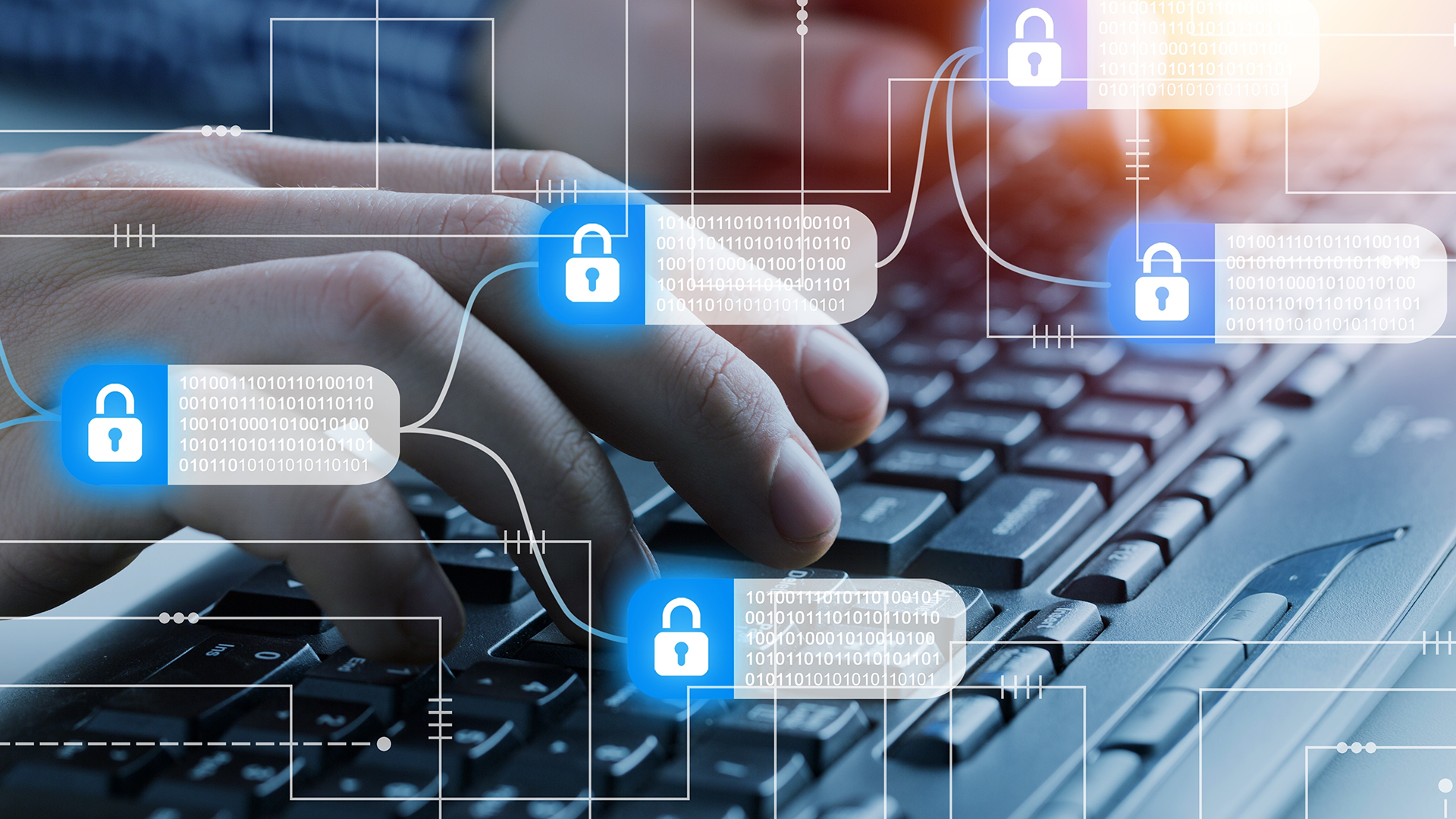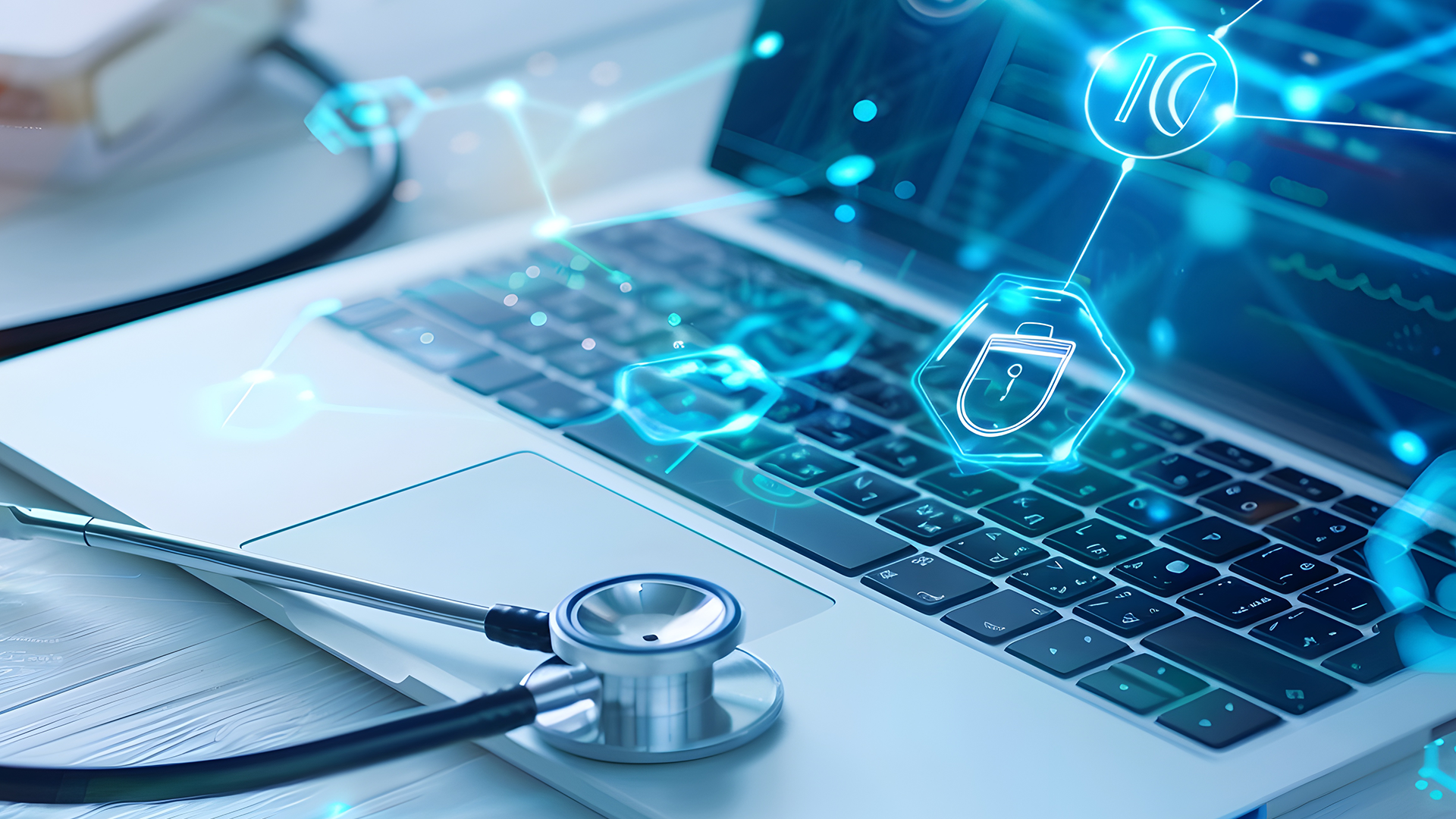
Thank you
Our team of industry domain experts combined with our guaranteed SLAs, our world class technology .


Get Immediate Help
In today’s digital-first healthcare world, sensitive patient data moves seamlessly across devices and networks. While this convenience brings efficiency, it also introduces a significant challenge: safeguarding protected health information (PHI) from unauthorised access. For healthcare organisations, the stakes are high—not just to protect patient trust but also to meet stringent HIPAA Compliance requirements.
One of the most effective ways to achieve this is by encrypting healthcare data. Encryption acts as the digital equivalent of locking sensitive information in a secure vault, ensuring that even if unauthorised individuals access the data, they can’t read it without the encryption key. But how does encryption tie into HIPAA Compliance, and why is it a must-have for healthcare providers? Let’s explore.

Encryption is a process that converts readable data (plaintext) into a coded form (ciphertext) that can only be deciphered using a specific key. In healthcare, data encryption ensures that sensitive patient information, like medical records, diagnoses, and test results, remains secure, even if intercepted during transmission or compromised in storage.
For devices, this means encrypting data stored on servers, mobile devices, or laptops and data in transit, such as information shared via secure messaging systems.

The Health Insurance Portability and Accountability Act (HIPAA) sets strict regulations for handling PHI. Encryption isn’t explicitly required under HIPAA, but it is strongly recommended as an “addressable” safeguard. That means healthcare organisations must evaluate their risk levels and decide if encryption is the best way to mitigate those risks. Spoiler alert: It usually is.

1. Data-at-Rest Encryption
This involves encrypting data stored on servers, hard drives, or other storage devices. Even if the device is stolen, the data remains protected.
2. Data-in-Transit Encryption
This ensures that data being transmitted, such as between a doctor’s device and a cloud server, remains secure. Transport Layer Security (TLS) and Secure Sockets Layer (SSL) are common encryption methods used here.
3. End-to-End Encryption
Ideal for secure healthcare communication, end-to-end encryption ensures that only the intended recipients can access the data. This is critical for secure messaging for healthcare.
4. Full-Disk Encryption (FDE)
Commonly used for laptops and mobile devices, FDE encrypts the entire hard drive, making it unreadable without proper credentials.

While HIPAA doesn’t mandate encryption, it offers clear guidance on when and why it should be implemented. Here are the key considerations:
Addressable Safeguard: Encryption is a “should-do” rather than a “must-do,” but if not implemented, the organisation must document why it isn’t necessary and what alternative safeguards are in place.
Compliance with Access Control: Encryption works hand-in-hand with access control by limiting data access to authorised individuals.
Audit Trails: HIPAA mandates robust audit trails to track access and modifications. Encryption supports this by ensuring secure data handling.
Data Breach Notification Rule: Encrypted data breaches may not require notification under HIPAA if the data is unreadable and thus deemed secure.

While encryption is highly effective, implementing it across all devices and systems is not without challenges:
Legacy Systems: Many healthcare organisations rely on outdated systems that are difficult to secure with modern encryption methods.
Device Proliferation: With staff accessing data on laptops, tablets, and smartphones, ensuring encryption across all devices can be complex.
Compliance Complexity: Navigating the nuances of HIPAA encryption requirements can be overwhelming without proper guidance.
Performance Impact: Poorly implemented encryption can slow down systems and affect productivity.

1. Develop a Comprehensive Encryption Strategy
Include encryption for both data at rest and data in transit, and ensure alignment with your organisation’s overall healthcare data security goals.
2. Use HIPAA-Compliant Encryption Standards
Adopt encryption algorithms that meet recognised standards, such as AES-256, to ensure compliance and robust security.
3. Implement Secure Messaging Systems
Ensure all internal and external communications are encrypted to maintain secure healthcare communication.
4. Regularly Update and Audit Encryption Protocols
Cyber threats evolve, so your encryption methods must too. Regular updates and audits ensure continued compliance with healthcare cybersecurity standards.
5. Train Staff on Encryption Importance
Educate employees about the role of encryption and how to use secure systems correctly to avoid accidental breaches.

Imagine this scenario: A hospital laptop containing unencrypted patient data is stolen. Without encryption, the PHI on the device is accessible to anyone who knows how to bypass a basic password. Now imagine the same scenario with encrypted data. Even if stolen, the data remains unreadable, mitigating the breach's impact and potentially exempting the organisation from HIPAA’s breach notification requirements.
At Microminder Cybersecurity, we understand the unique challenges faced by healthcare organisations in meeting HIPAA Compliance. Our services include:To enhance healthcare data encryption and ensure HIPAA compliance, organisations can benefit from the following Microminder Cyber Security services:
1. Cloud Security Solutions
Microminder offers comprehensive cloud security services that include robust encryption protocols for data at rest and in transit. These solutions ensure that sensitive healthcare information remains protected across cloud platforms, aligning with HIPAA requirements.
2. Cyber Security as a Service (CSaaS)
This service provides continuous monitoring and management of your cybersecurity infrastructure, including the implementation of encryption standards. By leveraging CSaaS, healthcare organisations can maintain compliance with HIPAA encryption requirements and proactively address potential vulnerabilities.
3. Managed Security Services
Microminder's managed security services encompass the deployment and oversight of encryption technologies across all devices and networks. This ensures that patient data is consistently protected, aiding in the prevention of data breaches and maintaining HIPAA compliance.
4. Security Operations Centre as a Service (SOCaaS)
With SOCaaS, Microminder provides real-time monitoring and incident response, ensuring that any breaches involving encrypted data are swiftly addressed. This service supports healthcare organisations in maintaining the integrity and confidentiality of patient information.
By integrating these services, healthcare organisations can establish a robust encryption framework that not only safeguards patient data but also ensures adherence to HIPAA standards.
In the evolving landscape of healthcare, protecting sensitive patient information is not just a regulatory obligation—it’s a responsibility that builds trust and ensures operational continuity. Encrypting healthcare data plays a crucial role in achieving HIPAA compliance, safeguarding patient privacy, and preventing data breaches.
From secure communication channels to encrypted devices, implementing a robust encryption strategy helps healthcare organisations mitigate risks, simplify compliance, and demonstrate their commitment to security. While challenges like legacy systems and device proliferation exist, the benefits of a well-planned encryption strategy far outweigh the risks of not having one.
Ready to protect your healthcare organisation with cutting-edge encryption solutions? Contact us today to learn how we can help secure your data and achieve HIPAA compliance.
Don’t Let Cyber Attacks Ruin Your Business
Call
UK: +44 (0)20 3336 7200
KSA: +966 1351 81844
UAE: +971 454 01252
Contents
To keep up with innovation in IT & OT security, subscribe to our newsletter
Recent Posts
Penetration Testing | 10/11/2025
Cloud Security | 07/11/2025
Cybersecurity | 06/11/2025
What is healthcare data encryption?
Healthcare data encryption is the process of converting sensitive patient information, such as medical records and personal data, into a coded format that can only be accessed with a specific decryption key.Why is encrypting healthcare data important for HIPAA compliance?
Encryption protects sensitive patient information from unauthorised access. Under HIPAA, encryption is a recommended safeguard for securing protected health information (PHI) and reducing the risks of data breaches.What is the difference between data at rest and data in transit encryption?
Data at Rest: Information stored on devices, servers, or databases. Encryption ensures that this data is secure even if the storage medium is stolen or accessed without authorisation. Data in Transit: Information being transmitted, such as between devices or over the internet. Encryption protects this data during its journey, preventing interception by attackers.How does encryption help in preventing data breaches?
If encrypted data is stolen, it remains unreadable to unauthorised individuals without the decryption key, mitigating the impact of breaches and potentially avoiding breach notification requirements under HIPAA.What are common challenges in encrypting healthcare data?
Legacy Systems: Older systems may not support modern encryption standards. Device Management: Ensuring encryption across all devices, including mobile and IoT devices, can be complex. Performance Impact: Encryption can slow down system performance if not optimised. Compliance Complexity: Navigating HIPAA encryption requirements can be challenging without clear guidance.